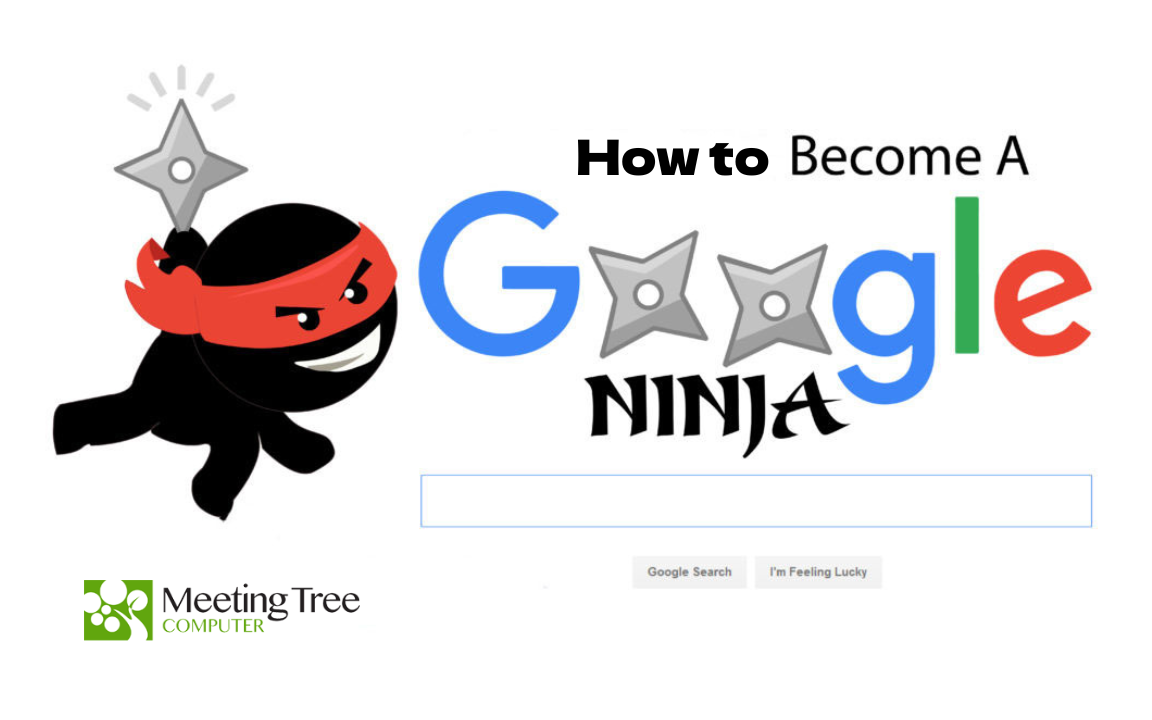It isn’t very often a company name also becomes a verb describing what that company does, but how many times have we told someone to “just Google it” or “I will Google that”?
With roughly 72% of the worldwide search engine market share, Google is, without a doubt, the de facto online search resource.
But what if I told you most of us were only scratching the service of what Google search is capable of? Below are some tips and tricks that could help elevate your Google searches to the next level.
Tip 1: Use the built-in tabs

As some may already know, Google has built-in tabs that can help us refine the type of material we are searching for. After running our initial search, we can easily use the provided tabs for more specialized results.
For instance, the “Images” tab will refilter our results to only show image files related to our search string. While the built-in tabs aren’t the most robust filtering mechanism, they provide a quick and easy way to refine/enhance our searches.
Tip 2: Add Quotation Marks
By default, Google will search for web pages that contain the words within your search string. For instance, if we were to look up how to fix System Error Code 73, our search results would be populated with any page that contains any combination of system, error, code, and 73. As one might guess, searching for error messages could return a lot of unwanted/unneeded information.
We can use quotation marks around words or phrases to force Google to search for exactly what the quotes contain, ignoring any other results. In our given example, searching for “System Error Code 73” would only return results for pages that contain specifically that phrase.
Tip 3: Force include/exclude
Much like how we can use quotation marks to force Google to search for specific phrases, we can use the plus and minus signs to force words/phrases to either be ignored within our search results or made mandatory.
Let’s say, for example, that we are interested in learning more about wild horses from the American West, so we head to Google and search for “mustangs.” It’s a good start, but we will likely find ourselves sorting through tons of results related to the iconic Ford automobile rather than our desired equine creatures. To remedy this, we could force Google to ignore results that include the automaker by searching for mustangs -Ford or force the search only to display horse-related results with mustangs+horses.
Tip 4: Indicate Specific Sites
In addition to being able to force Google to include specific phrases or words, we can also narrow our search results to specific websites. This could be useful if we are trying to find an article on a particular news site.
To search a specific website, we will need to include the site:words string in our search, where “words” is the domain name/website we wish to see results from. For example, we could search for only Meeting Tree Computer tech tips with a search string as follows:
tech tip site:meetingtreecomputer.com
Tip 5: Use Wildcards
Google search allows us to use asterisks ( * ) as wildcards in place of words as well. Before we delve into how helpful that can be, though, let’s first figure out what a wildcard is.
For our purposes, a wild card is simply a placeholder in our search string that can be filled in by any word/phrase (usually by the search engine when the search is run). There are multiple applications for this feature, but my favorite example is searching for song lyrics. Usually, full titles and entire verses are hard to remember, but we always manage to maintain snippets of songs. By piecing together what we do know with wild cards, we can often locate the lyrics we are after. For example, typing in a search for “take * home * belong” will return the lyrics for Take Me Home, Country Road by John Denver as part of our top results.
Tip 6: Add Filetypes
Last, but not least, we can force Google to return results that focus on a particular file type. This can be useful when searching for digital copies of manuals or user guides. PDFs are often the most accessible file type to find.
Searching for specific document types is similar in syntax to searching a particular website in that we add an extra parameter (file type this time, instead of site) at the end of our query. For example, if I was looking for a copy of my digital camera manual in PDF form, I could run the following Google search: camera manual filetype:pdf.
And there you have it: your top 6 Google search tips and tricks. Please share them with family and friends and let us know if you find this article helpful.

